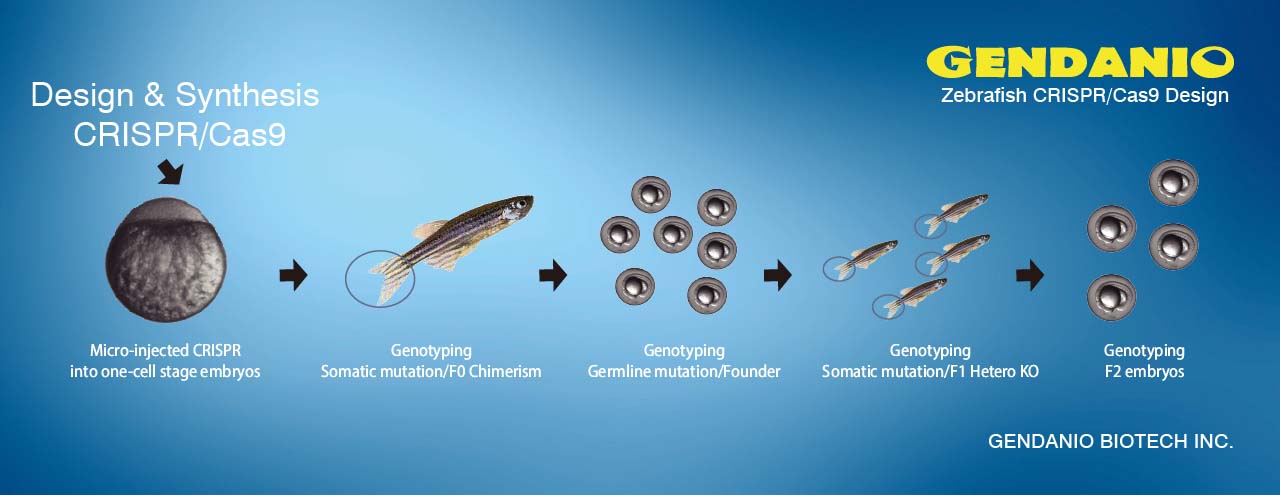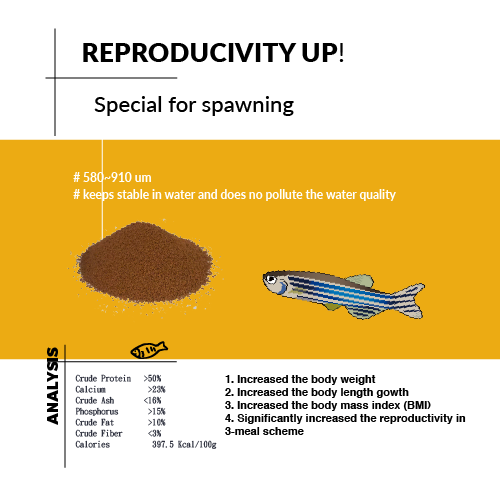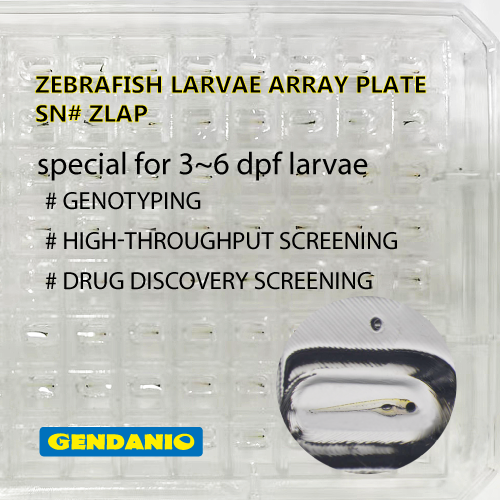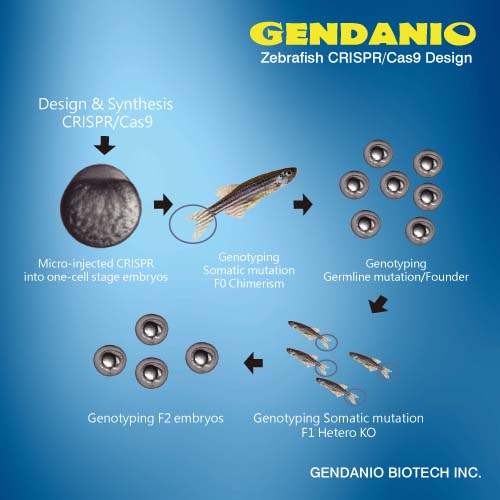Jeannie Chung
Organophosphates were some of the most widely used pesticides before mounting evidence of harm to ecosystems caused the U.S. and Europe to ban them. Unfortunately, OPs are still being used in China, India and other developing countries, causing water pollution that may have far-reaching effects.
Jerry Yen, a doctoral candidate, presented his talk on OP(organophosphate compound) effects on the Zebrafish’s nervous system as part of the series sponsored by the Integrated Toxicology and Environmental Health Program Seminar.
Yen said Zebrafish are useful for study because they are relatively fast developing, exhibit high fecundity (lots of embryos to work with) and mostly transparent, allowing visualization of the anatomy through early development.
Early exposures to organophosphates can lead to alterations in adult phenotypes, Yen said. Specifically, he studied the possible effects of OPs in a specific gene, Kcc2, expressed only in the nervous system.
Kcc2 is the gene for a potassium chloride transporter responsible for lowering Cl- neurons in the system. 86% of the zebrafish Kcc2 gene matches with the human gene, so the effects it shows can be related to the effect OP doses will have on humans. At two days development of the Zebrafish, OP exposure causes the spinal cord to lose all of its Kcc2 expression.
Yen said the different variations of the expression of Kcc2 may affect muscle movement. An audience member suggested studying the variations of the speed the Zebrafish swims at depending on the Kcc2 expression.
Here is a short video that was played in the seminar. The embryo was studied under the microscope. Note how specific parts of the spinal cord are very clear despite being under development. Zebrafish egg development
























